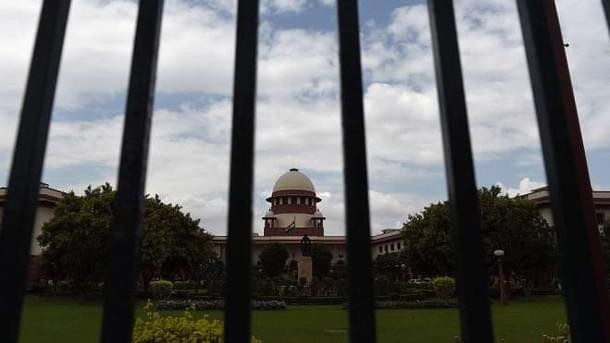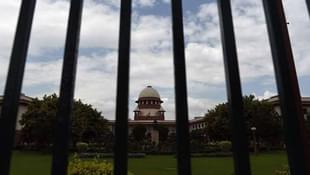Insta
Decriminalising Homosexuality: Government Leaves Decision On Section 377 To The Wisdom Of The Supreme Court
Swarajya Staff
Jul 11, 2018, 02:52 PM | Updated 02:51 PM IST
Save & read from anywhere!
Bookmark stories for easy access on any device or the Swarajya app.


Additional Solicitor General (ASG) Tushar Mehta told the Supreme Court today that the government will not contest section 377 and will leave it to the ‘wisdom of the court’. The centre filed an affidavit in the court stating the same.
On day one of the hearing in the apex court, the ASG had informed said that the government is yet to take a stand on the issue.
A five-judge Constitution bench comprising Chief Justice Dipak Misra and Justices Rohinton Fali Nariman, A M Khanwilkar, D Y Chandrachud and Indu Malhotra heard the review petition requesting the apex court to reconsider its judgement in Suresh Kumar Koushal & Ors. v. Naz Foundation & Ors case.
In 2016, a review petition was filed by five people, Bar and Bench has reported. Senior Counsel Mukul Rohatgi represented Navtej Singh Johar . Senior Counsel Anand Grover represented Arif Jafar, Ashok Row Kavi and Naz Foundation.
Summary of day one:
During the proceedings, Rohatgi said that the issue should not be limited to the decriminalisation of homosexuality and contended that the rights of Lesbians, Gays, Bisexuals and Transgenders (LGBT) be covered under Article 21 of the constitution.
“The effect of Section 377 is on men though it appears sex-neutral”. He is quoted to have said further that “As society changes, values change. What is moral 160 years ago might not be moral today,” Rohatgi said.
After Rohatgi concluded his submissions, Senior Counsel Arvind Datar made his submissions. Datar traced the history of how laws relating to homosexuality have changed over across the world. He also cited the case of Jason Jones v. Attorney General of Trinidad and Tobago which had relied on the privacy judgement of the apex court.
“Courts may not have the same deference to pre-constitutional laws which they have for post-constitutional laws, due to absence of parliamentary will,” Justice Chandrachud observed during the hearing.





